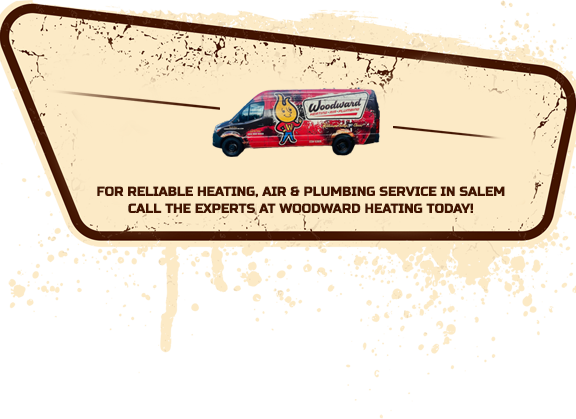There is a lot of talk about the benefits of zoning systems for homes. But what benefits do HVAC zoning systems really bring? Zoning a home allows residents to keep temperatures comfortable in areas in use and reduce air delivery in other areas. When properly sized and installed, zoning systems can contribute to both a/c energy savings and heat energy savings as well as create a more comfortable indoor environment.
How They Work
A standard forced-air system delivers conditioned air to all areas of a building. When the system is installed, ductwork, furnaces, and air conditioning components are sized, positioned and balanced so that air flows freely to all rooms. When rooms are not used, conditioned air is still delivered to that space. The temptation to close vents or isolate rooms may cause an imbalance in the system. Air delivery to other rooms will be uneven and the compressor may cycle off and on irregularly.
A/C Energy Savings, Heat Energy Savings
HVAC zoning systems are designed to heat and cool designated areas of a house independently of one another. Multiple thermostats are wired to a central control panel. The control panel operates dampers within the duct system that open and close in response to the thermostat. There are many benefits of zoning systems. A room that is difficult to heat or cool on a central system can be made more comfortable with its own thermostat. Unused rooms can be isolated from the system without causing an imbalance of airflow. This should be seen in electricity bills that reflect a/c energy savings during warm months and fuel bills that reflect heat energy savings in cold months.
Houses without ducts can still use HVAC zoning systems. Ductless mini-split systems do not need ducts for heating and cooling. Instead, a compressor is connected to blower units through a conduit routed through a small hole in a wall. The conduit carries refrigerant and wiring. Depending on the model, one compressor can run up to eight individual blower units. Each room has its own temperature controls so that the unit can be turned off when a room is not in use. Ductless systems are more energy-efficient because there is no loss of conditioned air through ducts. Also, airborne pollutants are not transferred from room to room through the system.
A licensed HVAC contractor can evaluate the unique situation of your home and recommend appropriate systems that meet your budget and indoor comfort needs. Contact us today to learn more!





